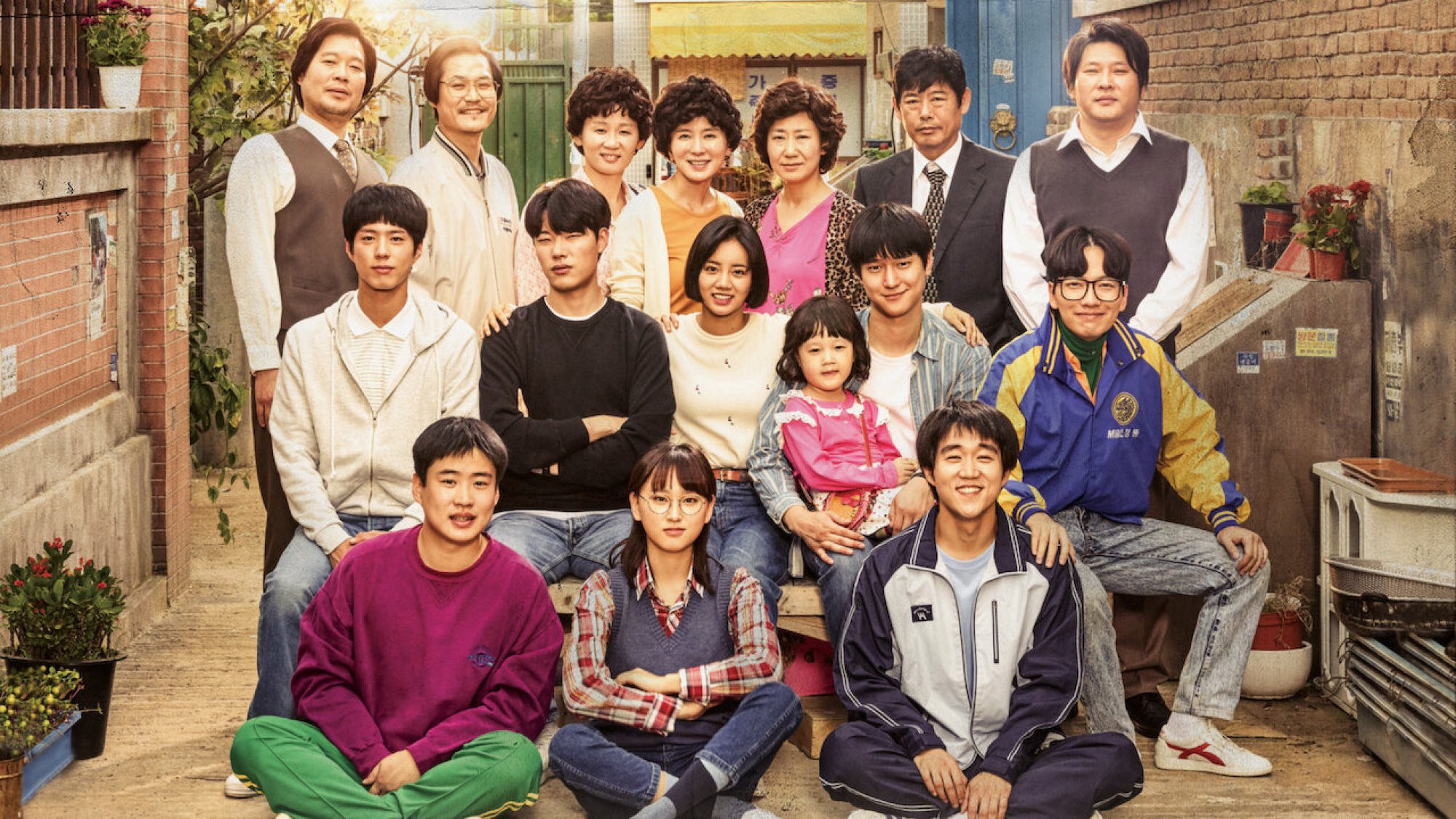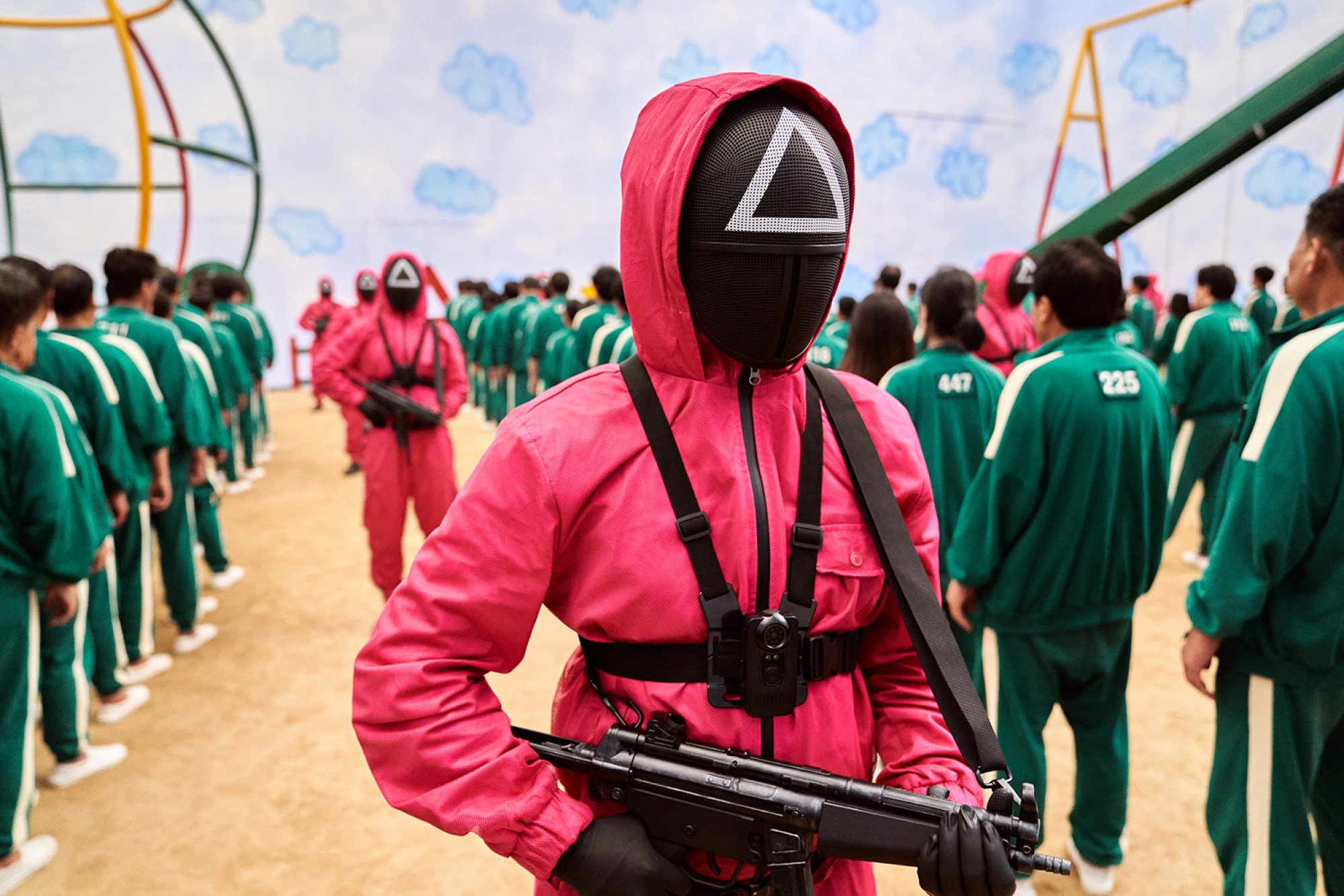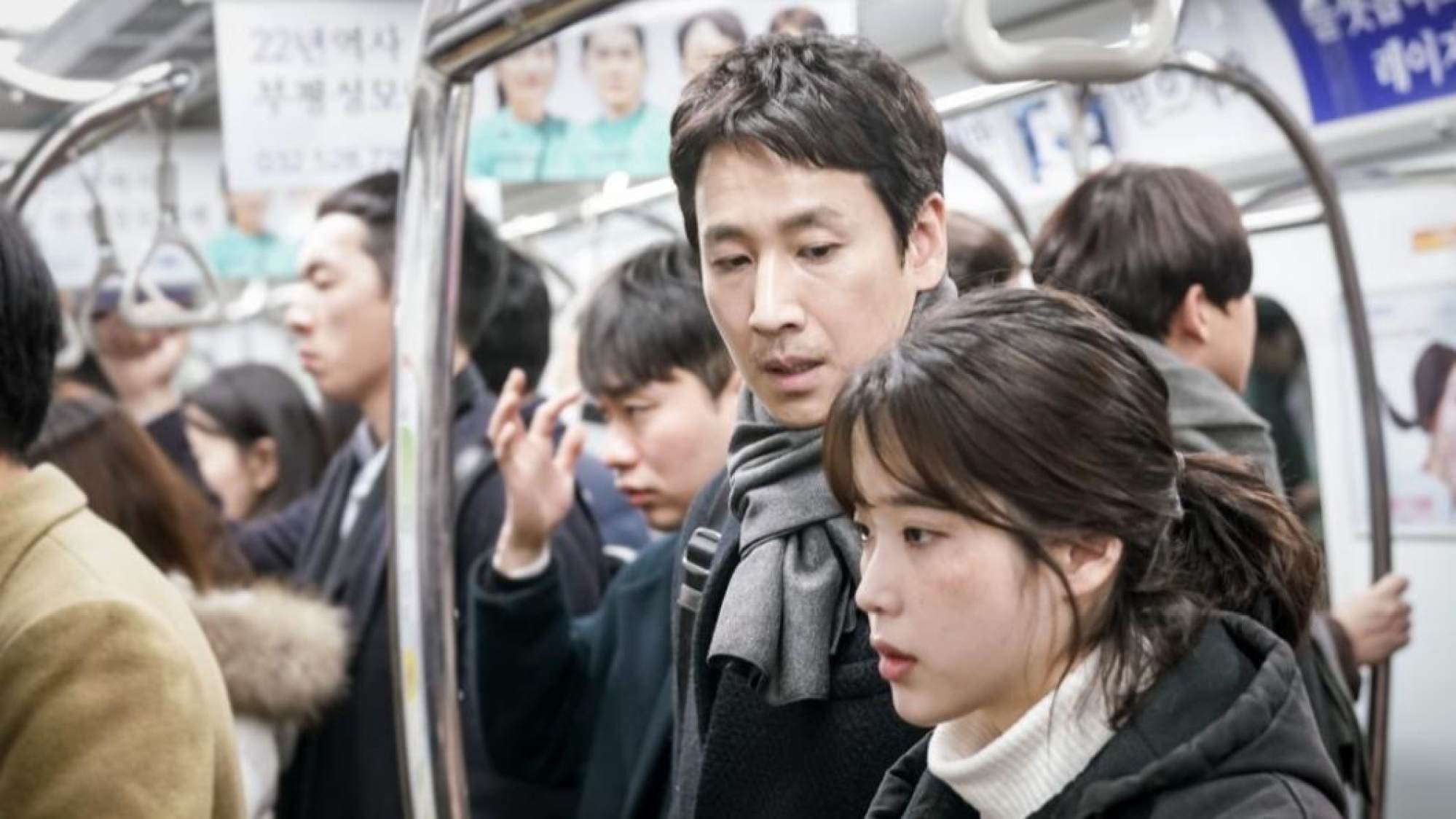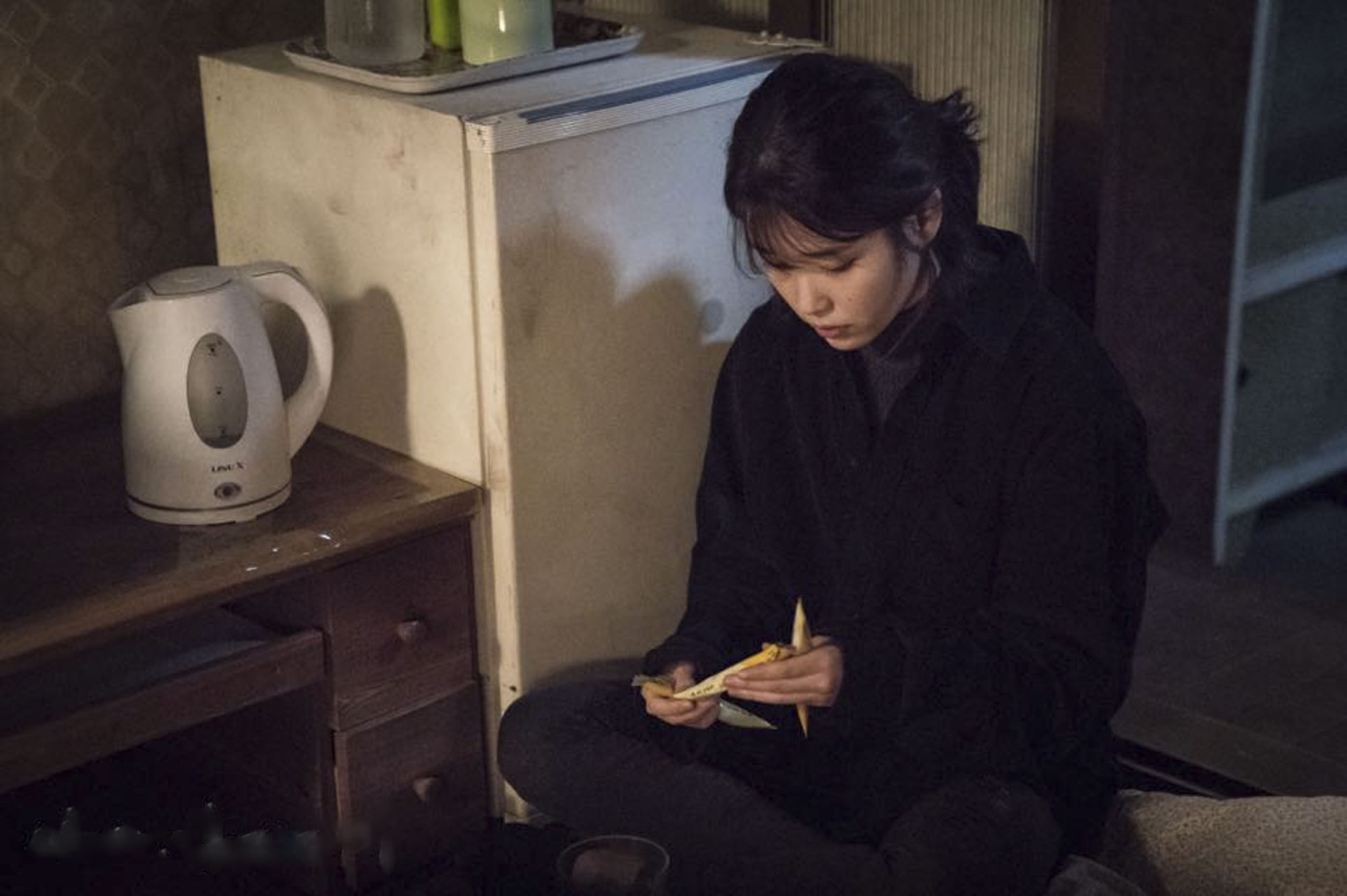
Why do we love K-dramas? They represent the feelings of ordinary people, top critic says
- Korean dramas are so popular because they ‘drop an emotional anchor right into your heart’, pop-culture critic Jung Duk-hyun reckons
By Park Jin-hai
Pop-culture critic Jung Duk-hyun, known as the person who watches more television shows than anyone else in Korea, says dramas are often undervalued because of their popular nature and accessibility. However, he believes it is precisely their ability to evoke strong feelings and stir emotions that leave long-lasting impressions on viewers.
“The relatability of dramas is what makes them so appealing to viewers. I believe that dramas can better represent the thoughts and feelings of ordinary people than any other form of media,” the 55-year-old critic says.
“Dramas don’t just present a world that’s one step removed from our own. They connect with us on a much deeper level.”

Jung has been writing reviews for Korean dramas and films for some 20 years. He published his first book on Korean drama in 2021 and recently released his second, which contains essays on the 45 most memorable lines from K-dramas.

“Koreans are known for being very expressive and in touch with their emotions. Korean dramas reflect that, exploring that full spectrum of emotions in their stories. They take viewers on an emotional roller coaster, making them laugh, cry, feel anger and everything in-between,” he says.
This explains how slice-of-life Korean dramas, such as Reply 1988, can connect with viewers in other countries with no knowledge of the social background of the time.
“It’s not just watching a story unfold. You’re living it with the characters. And by the time they finally express their emotions, after all that build-up, it has a huge impact on the viewer. It’s like they drop an emotional anchor right into your heart. That’s the real power of Korean dramas, I believe.”

“I’ve watched both three times each and I get a different feeling each time. The first time I watched My Mister, I thought it was a story about the relationship between a young woman and an older man.
“I thought it did a good job of capturing the realistic difficulties and emotions that middle-aged men face. But the second time I watched it, I was really struck by how well the setting was done. From the very first scene, when a bug enters Ji-an’s office, it’s like a metaphor for the whole drama,” he says.
“In the first scene, everyone is startled when a bug flies in. Dong-hoon says that the bug is a living creature and shouldn’t be killed, so he tries to catch it and release it. But Ji-an swats and kills it, then throws it away.
“This genius metaphor tells us what the drama would like to tell us – there is a clash between these two different types of people,” he says.

My Liberation Notes is the story of urbanites who seem to have everything.
“When you look closely, the drama tells us that those living in cities are also pitiful. They’re trapped in a mould as they live their lives. This is what My Liberation Notes is about. You can’t understand it after watching it only once,” he adds.
Jung says the meteoric global rise of Squid Game on Netflix has undoubtedly reshaped the Korean drama industry, dampening the spirits of those who have dedicated their lives to crafting quality dramas.

“For a while, there was a lull in melodrama production. But then, local [streaming] platforms such as TVing began acquiring these romantic dramas, and they’re now experiencing a surge in popularity both domestically and internationally.
“This comes after the massive success of Squid Game, which has had a lasting impact on the industry. Now we’re seeing a resurgence in interest for melodramas, a genre that has always been a staple of Korean dramas,” Jung says.
“Japanese creators are actively seeking partnerships. The involvement of Korean directors and actors is seen as a guaranteed way to attract attention, further fuelling this collaborative trend. As a result, the traditional distinctions between Korean and Japanese content are gradually dissolving,” he says.

“Funding came from HBO, production was handled by the American company A24 and the source material was penned by a Vietnamese American Pulitzer Prize winner [Viet Thanh Nguyen]. Set in Vietnam, the series features a cast of Vietnamese, American and Korean-American actors.
“This blurring of national boundaries makes it difficult to categorise The Sympathizer as belonging to any single country and we will see more of such projects,” he says.

